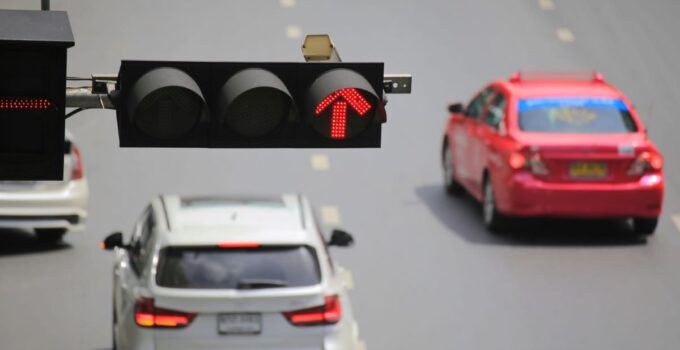Red-light cameras have become a staple in traffic enforcement across the United States, aiming to reduce car accidents by penalizing those who run red lights. However, their presence and methodology have sparked considerable debate.
1. Increased Accident Rates
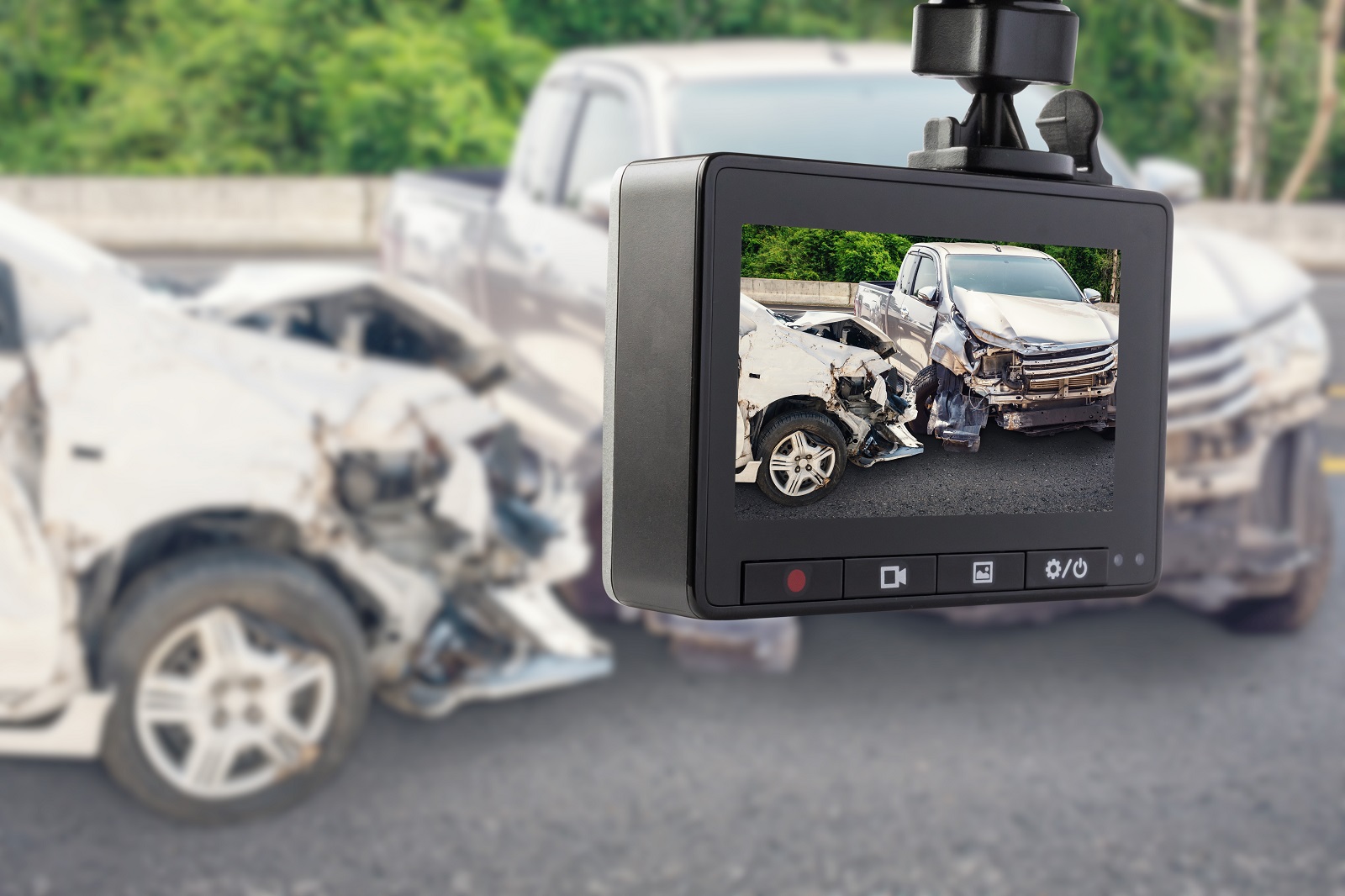
Image Credit: Shutterstock / Kwangmoozaa
Contrary to their intended purpose, studies have shown that red-light cameras can actually increase the number of accidents. A report by the Federal Highway Administration found that while these cameras reduce the number of right-angle crashes, they significantly increase rear-end collisions. Drivers often slam on their brakes to avoid a ticket, causing accidents instead.
2. Questionable Accuracy
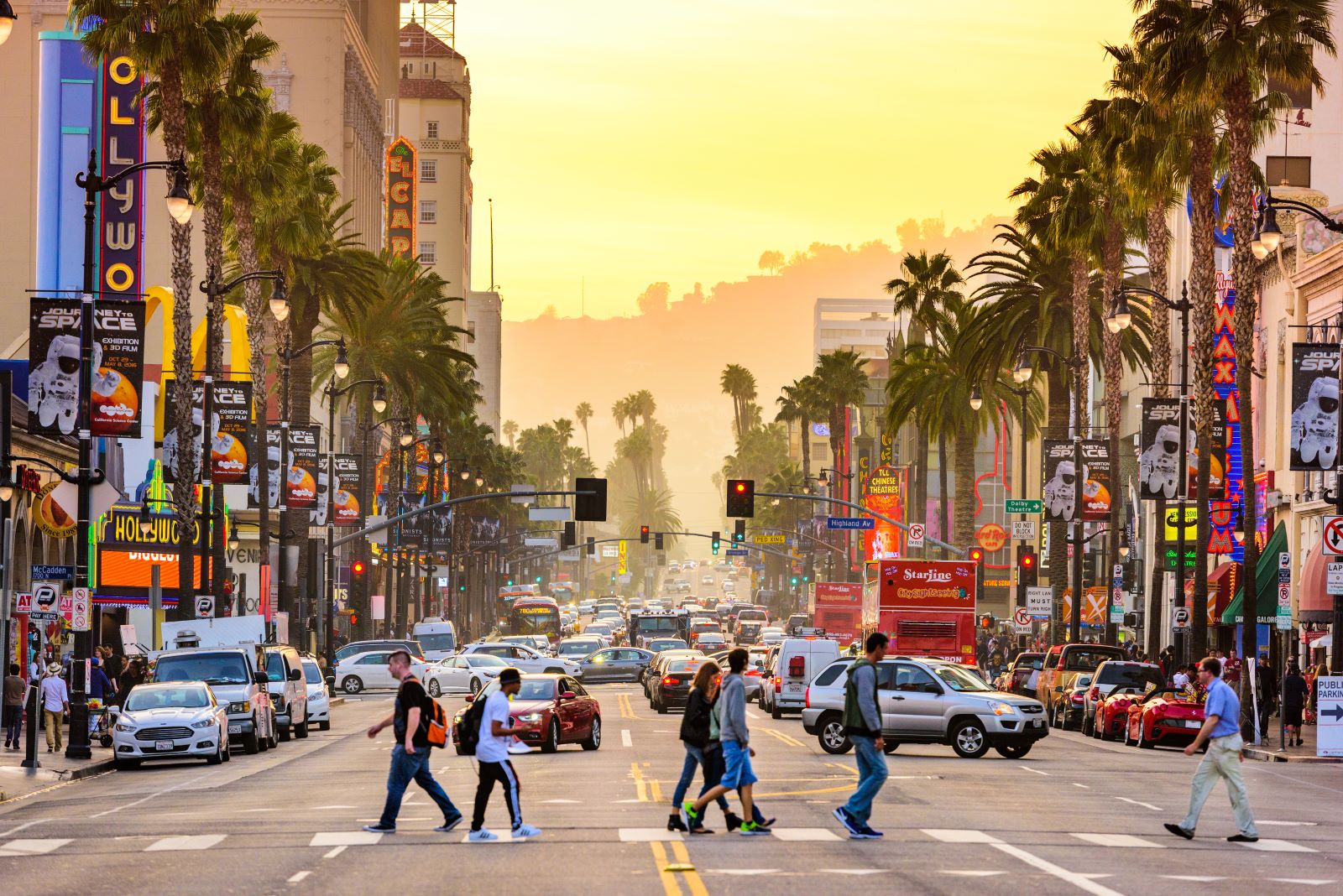
Image Credit: Shutterstock / Sean Pavone
Red-light cameras are not infallible. They can malfunction or be improperly calibrated, leading to unjust tickets. In Los Angeles, for instance, a review revealed that many tickets were issued due to faulty equipment or human error. This means you could be fined for a violation you didn’t commit.
3. Privacy Concerns
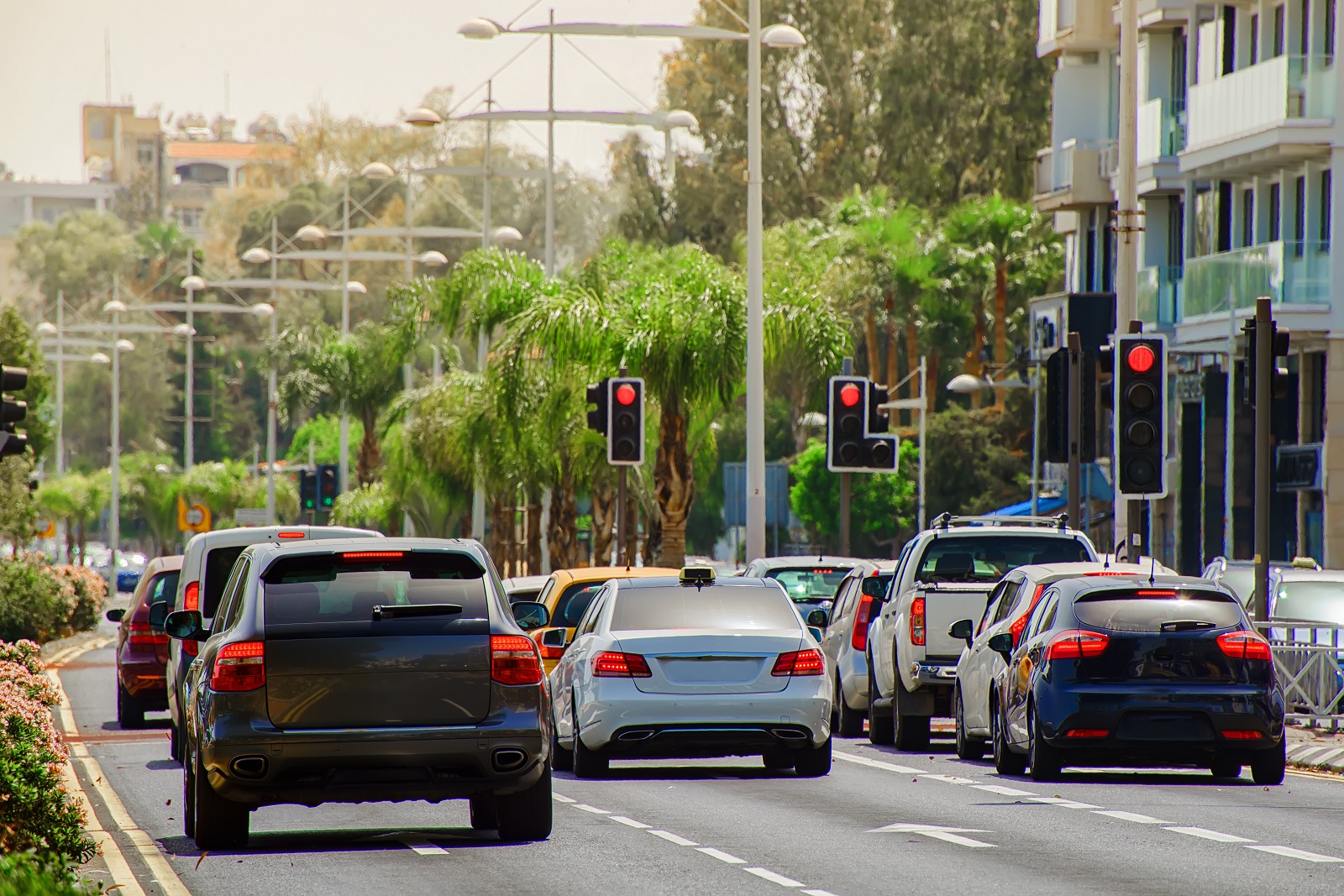
Image Credit:Shutterstock / BACHTUB DMITRII
Red-light cameras raise serious privacy issues. These devices capture images of vehicles and their occupants, creating a database of personal information. Critics argue that this is a form of surveillance that infringes on individual privacy rights, and there’s little oversight on how this data is used or stored.
4. Profit-Driven Motives
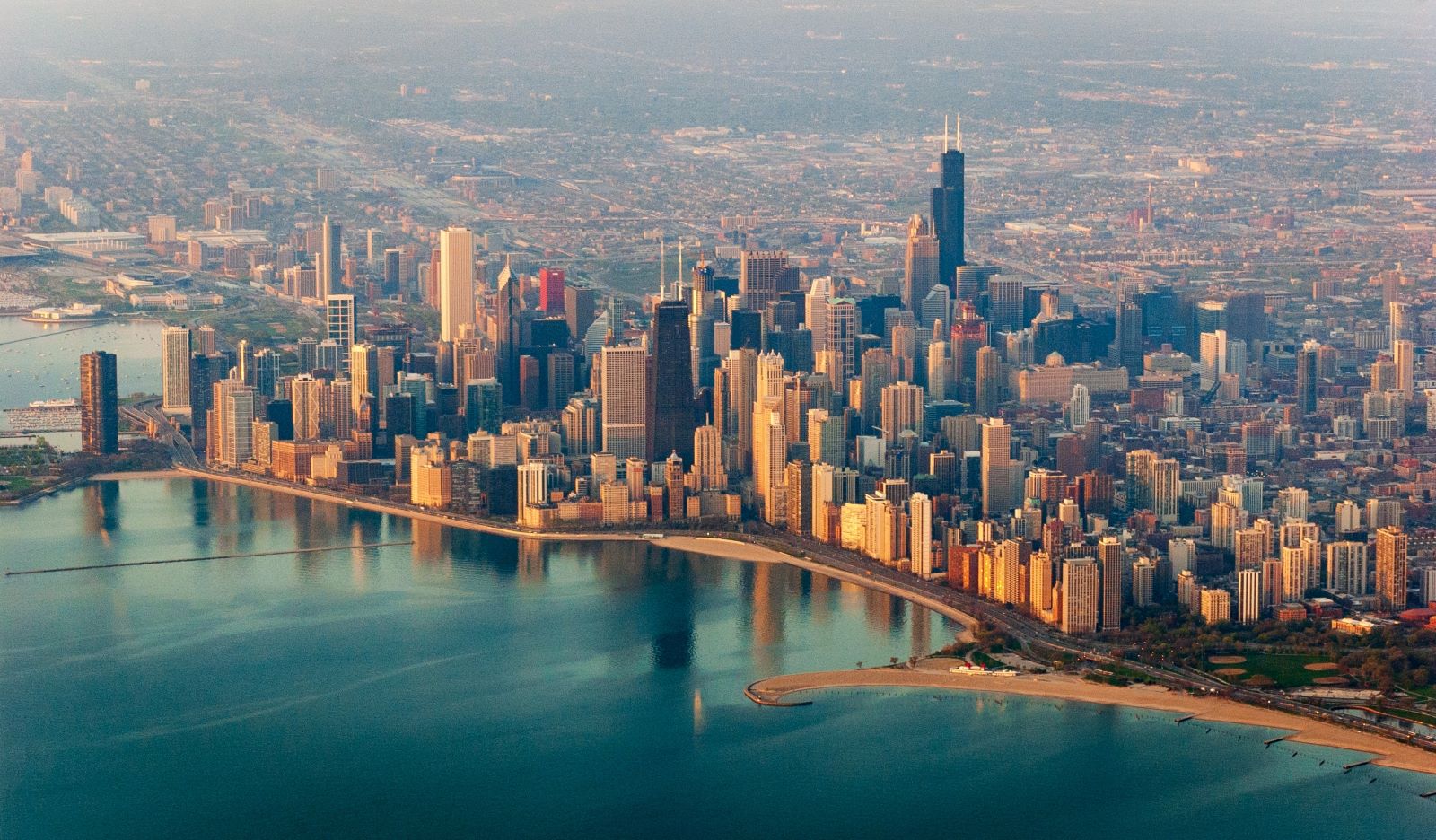
Image Credit: Shutterstock / Zack Frank
Many municipalities have turned to red-light cameras as a source of revenue rather than a safety measure. The fines from red-light violations can generate significant income. In Chicago, red-light camera fines generated nearly $60 million in a single year. This profit motive raises concerns about the true purpose of these devices.
5. Legal Battles
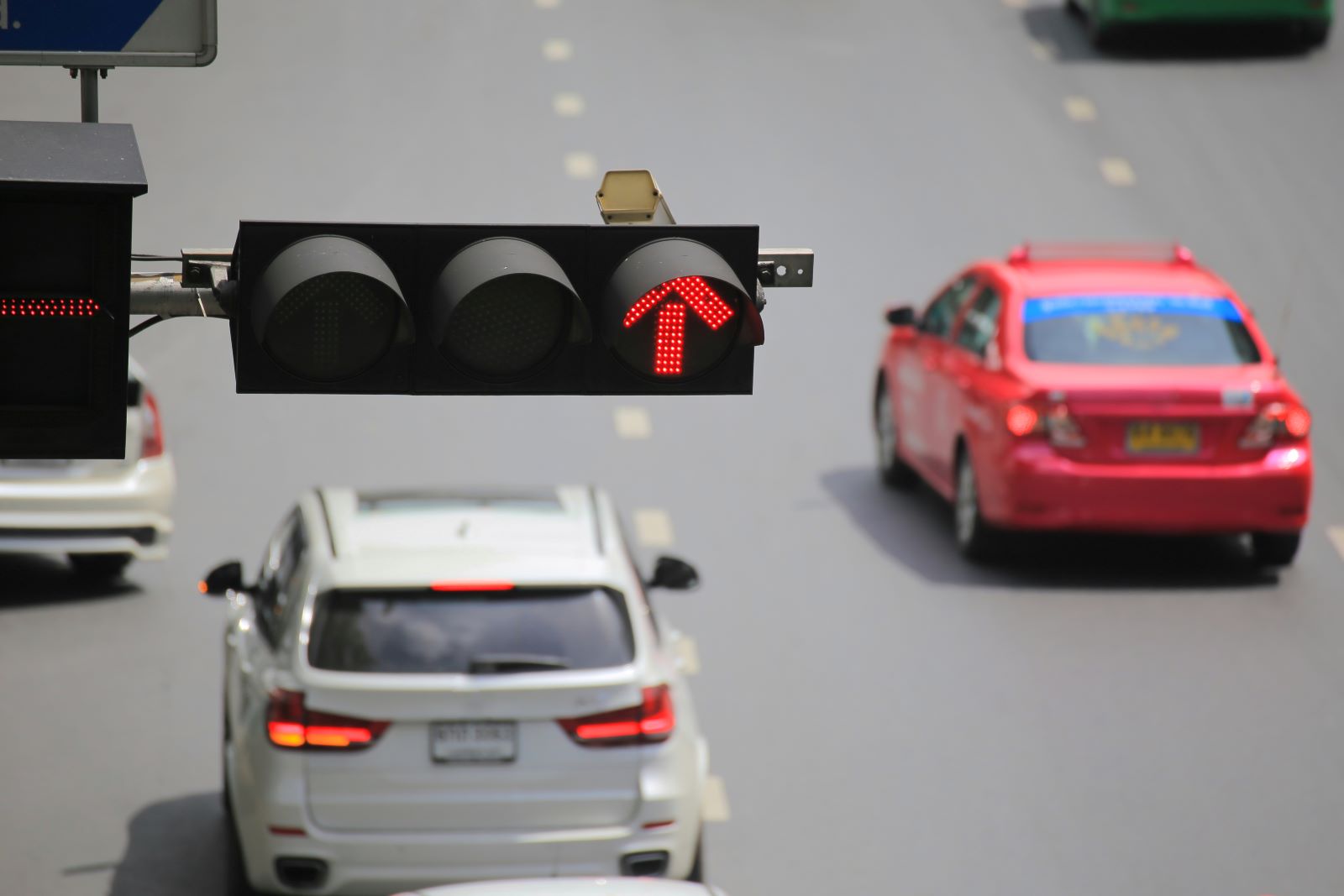
Image Credit: Shutterstock / nutcd32
Red-light cameras have sparked numerous legal battles across the country. Motorists have challenged the legality of these cameras, arguing that they violate due process rights. In some cases, courts have ruled in favor of drivers, forcing cities to shut down their red-light camera programs.
6. Unfair Targeting
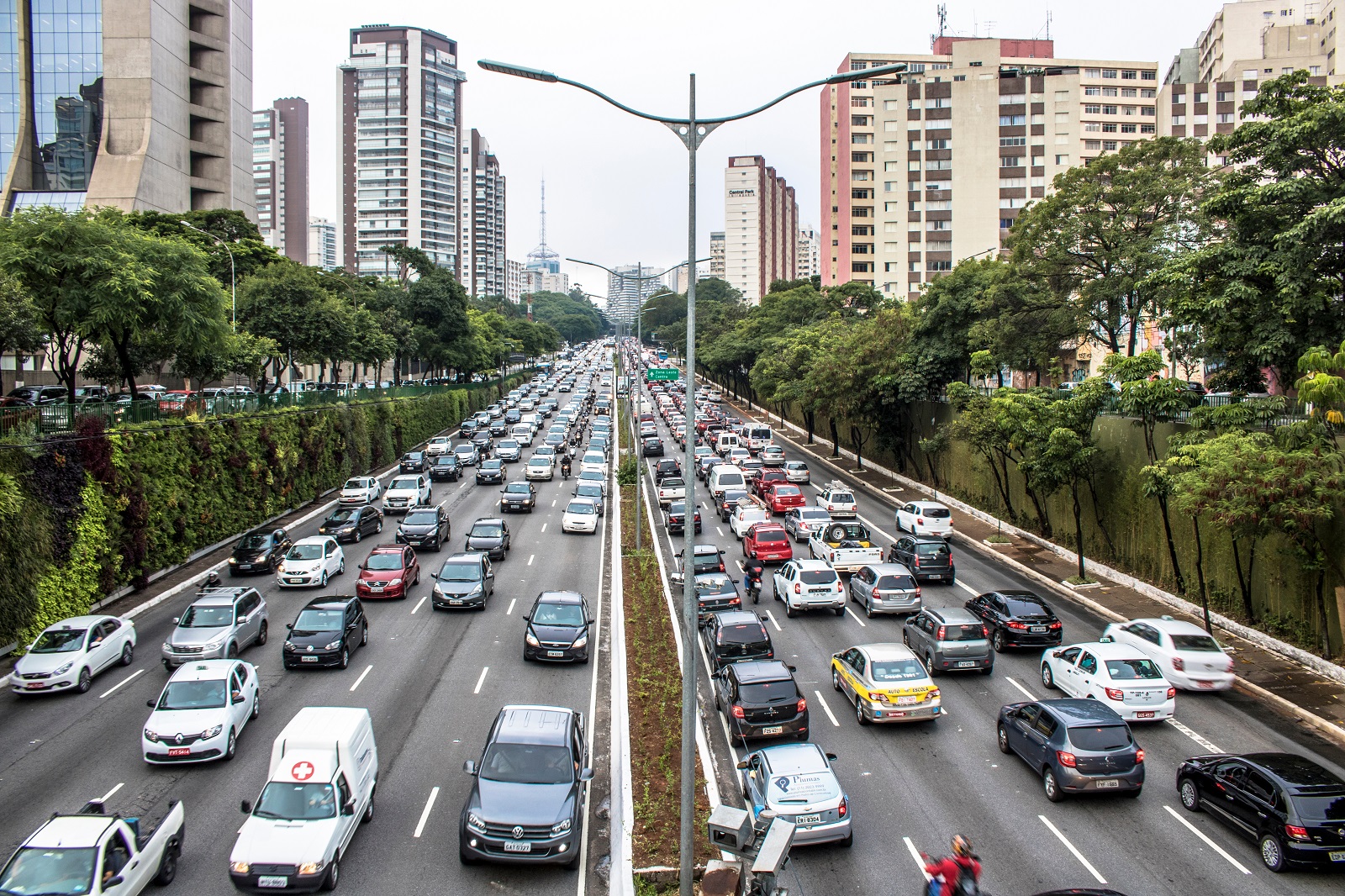
Image Credit: Shutterstock / Alf Ribeiro
Red-light cameras often target specific intersections, usually those with high traffic volumes, rather than focusing on overall road safety. This can lead to disproportionate ticketing in certain areas, unfairly targeting local residents and frequent commuters.
7. Inconsistent Regulations
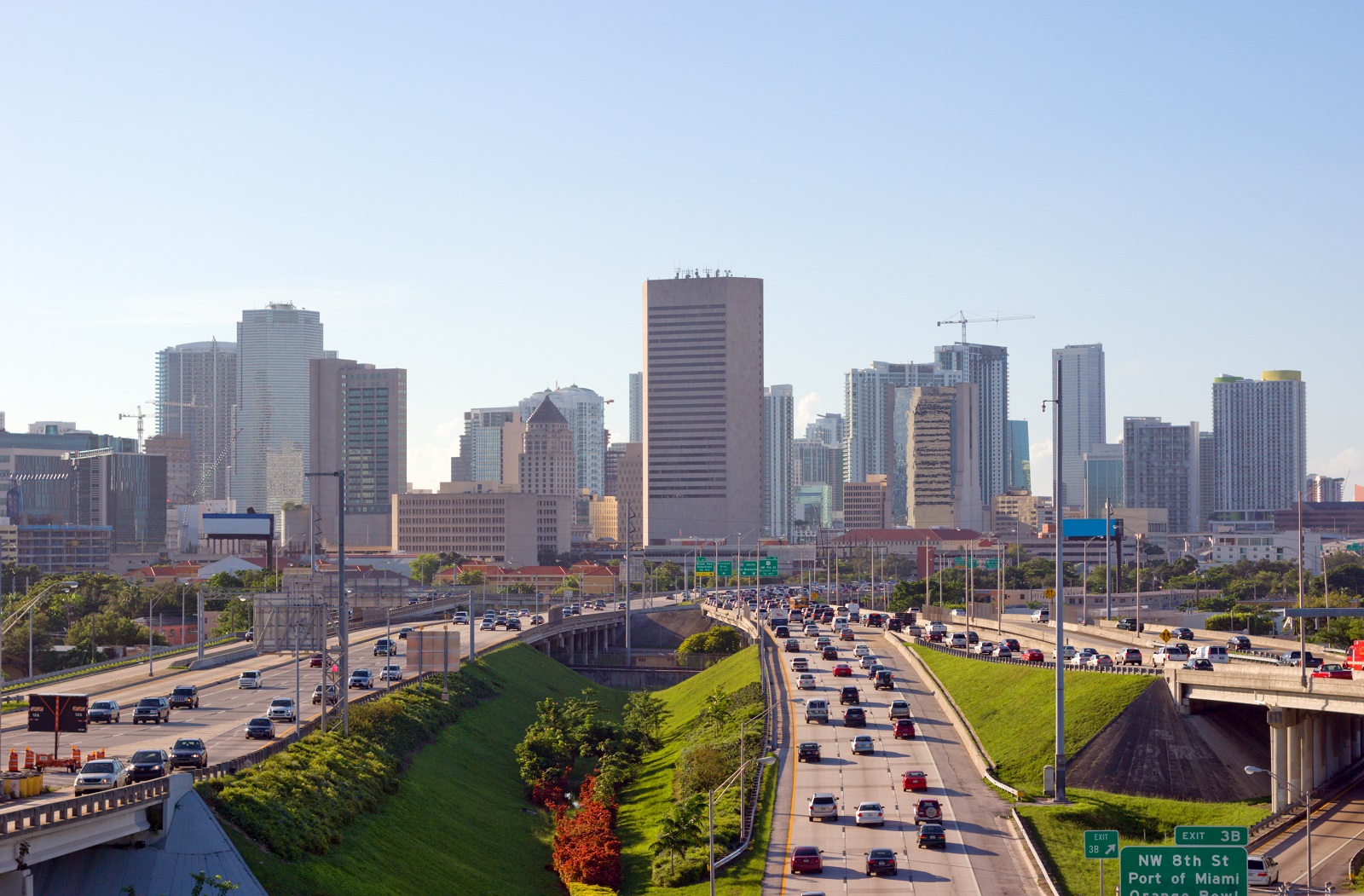
Image Credit: Shutterstock / Jonathan G
There’s a lack of consistency in how red-light camera programs are implemented and regulated across states and cities. This inconsistency can lead to confusion and unfair penalties. What’s legal in one jurisdiction might be illegal in another, complicating compliance for drivers.
8. Delayed Notifications
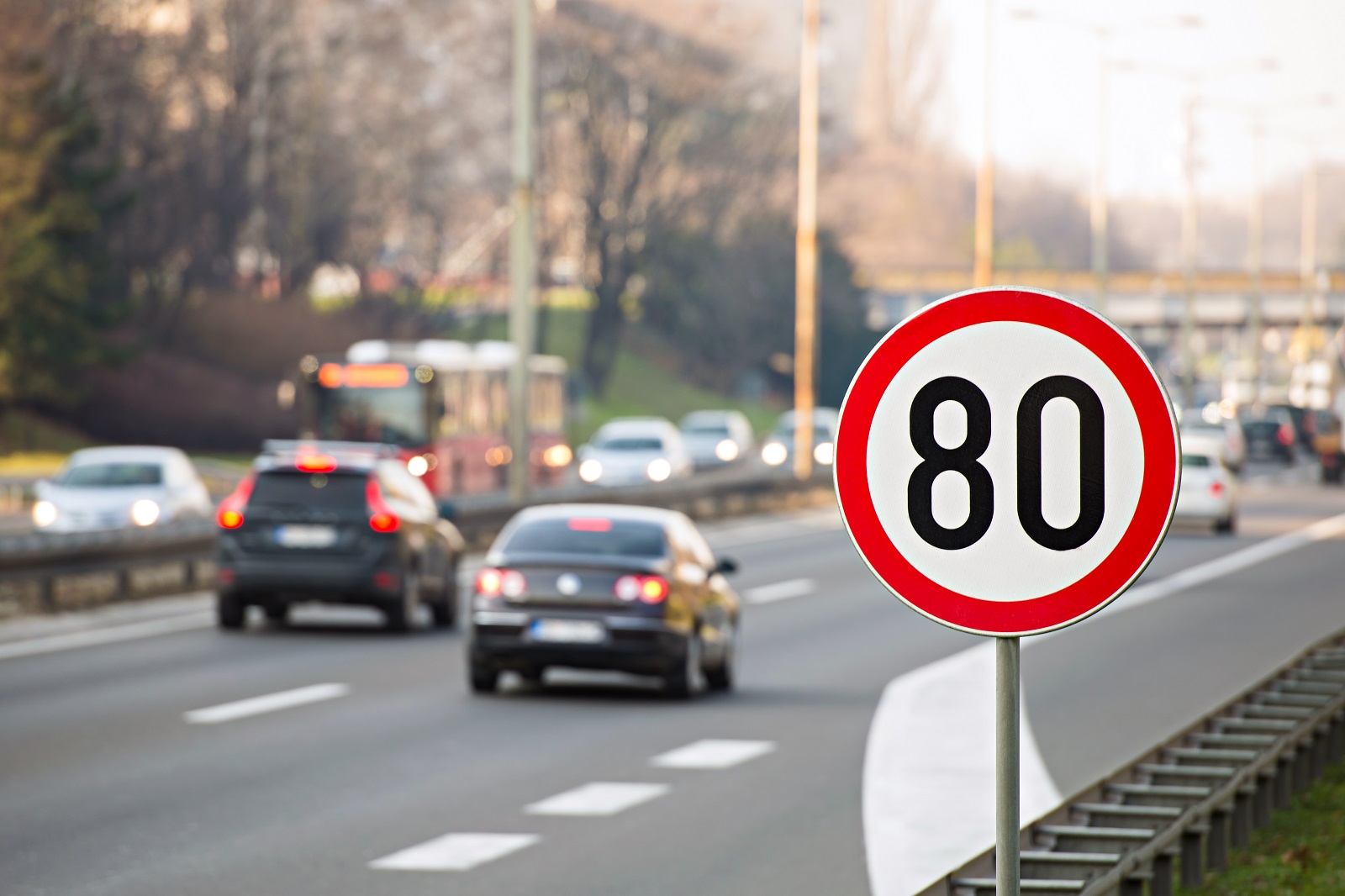
Image Credit: Shutterstock / Marko Rupena
Drivers often receive notifications of red-light violations weeks after the incident. This delay can make it difficult to recall the specific circumstances of the alleged infraction and mount an effective defense. In some cases, drivers might not even realize they’ve been ticketed until it’s too late to contest the fine.
9. Lack of Accountability
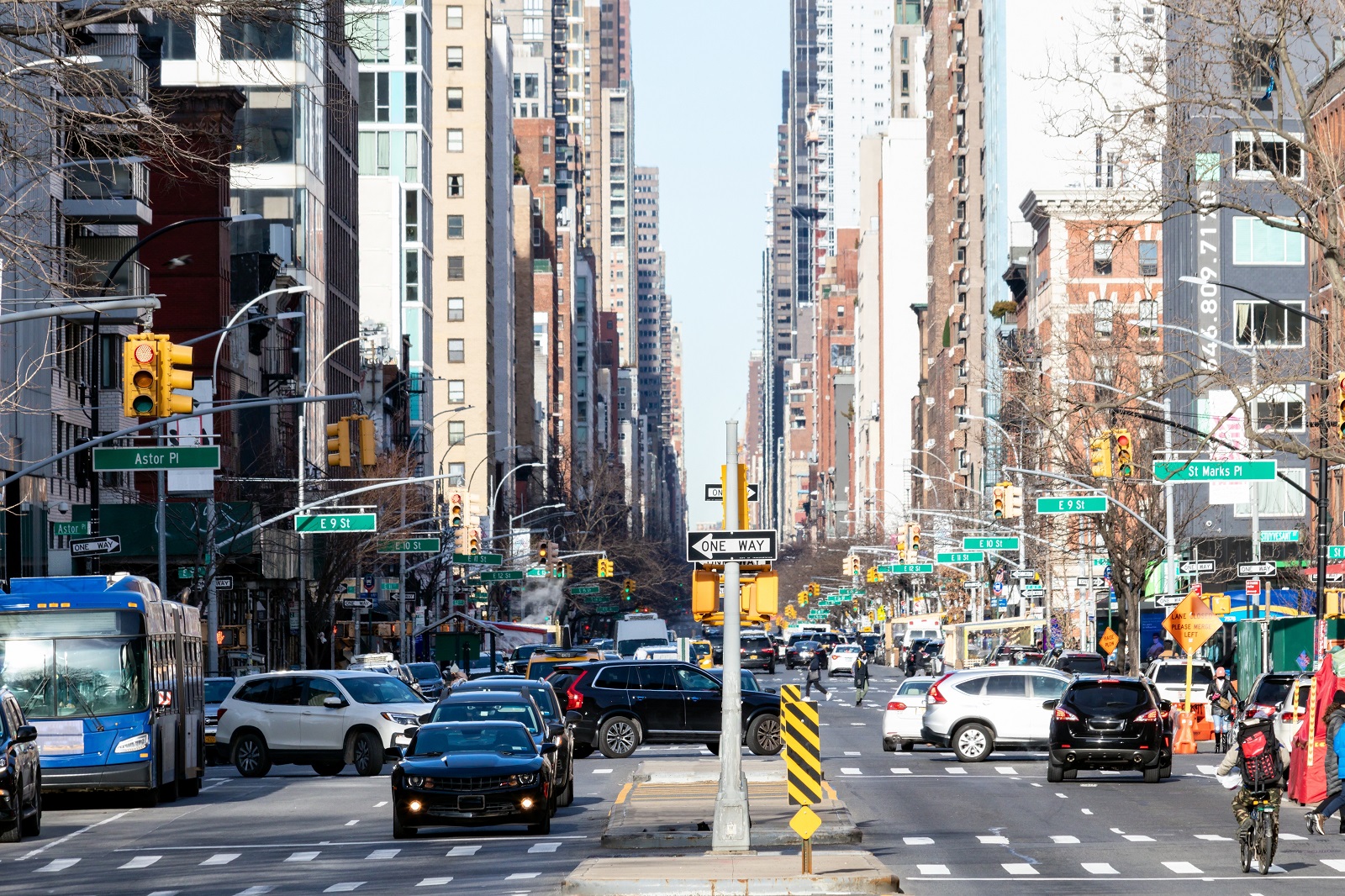
Image Credit: Shutterstock / Ryan DeBerardinis
The private companies that operate red-light cameras often face little accountability. These companies are contracted by municipalities and have a financial incentive to issue as many tickets as possible. This can lead to abuses and a lack of recourse for wrongfully ticketed drivers.
10. Public Backlash
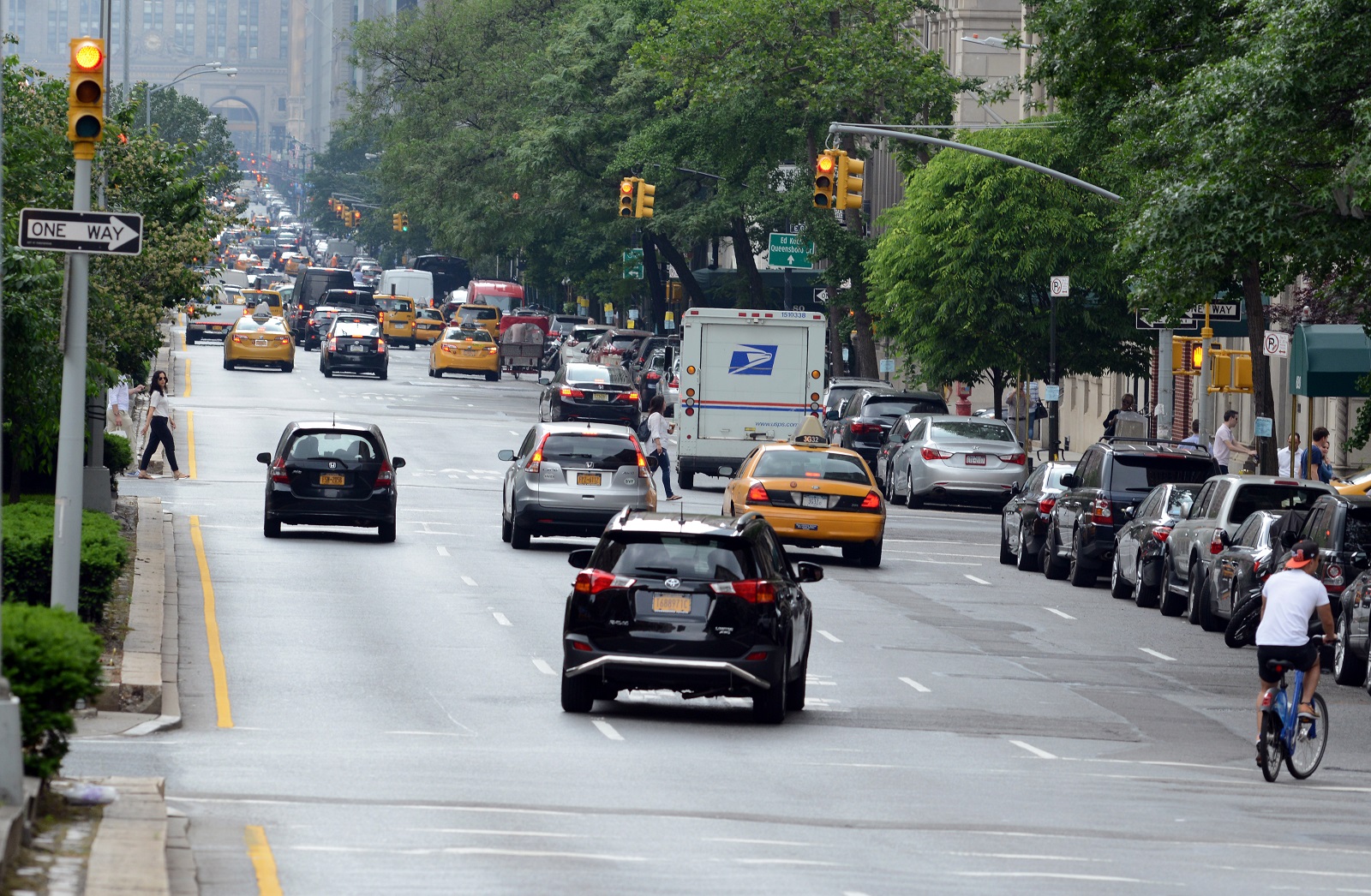
Image Credit: Shutterstock / nyker
Red-light cameras have faced significant public backlash. Many communities have voted to remove them, citing concerns about fairness, accuracy, and privacy. For example, in Houston, a public referendum led to the dismantling of the city’s red-light camera system.
11. Impact on Insurance Rates

Featured Image Credit: Shutterstock / Song_about_summer
A red-light camera ticket can impact your insurance premiums. Insurance companies treat these tickets as moving violations, which can lead to increased rates. A single red-light violation can raise your premiums by hundreds of dollars annually.
12. Disproportionate Impact on Low-Income Drivers
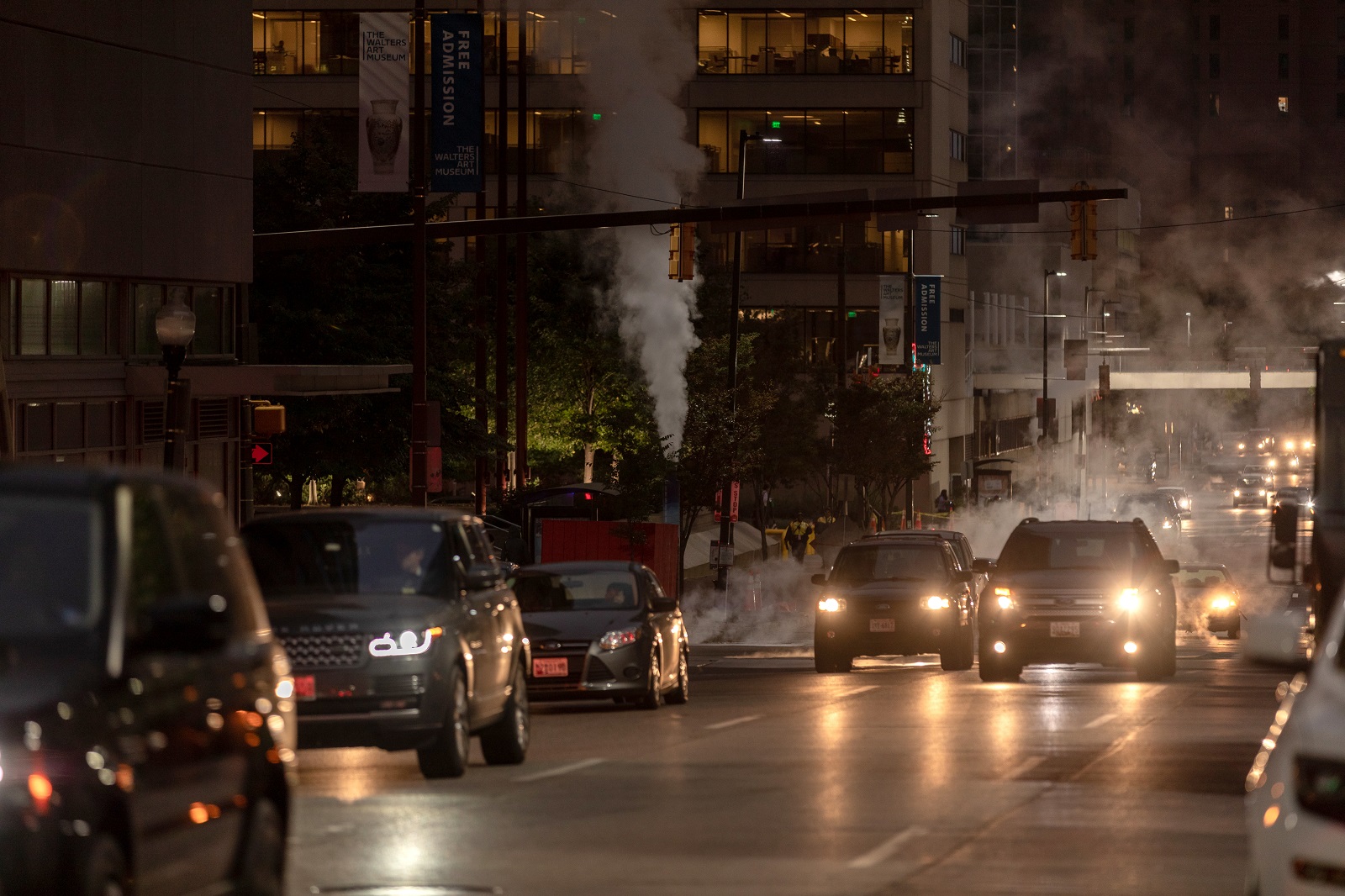
Image Credit: Shutterstock / photosounds
Red-light camera fines can be particularly burdensome for low-income drivers. A $100 ticket might be a minor inconvenience for some, but for others, it can represent a significant financial strain. This disproportionate impact raises ethical concerns about the fairness of these programs.
13. Erosion of Trust in Law Enforcement

Image Credit: Shutterstock / Amnaj Khetsamtip
The controversy surrounding red-light cameras can erode public trust in law enforcement and local government. When drivers feel that cameras are more about revenue generation than safety, it undermines the credibility of traffic enforcement efforts.
14. Questionable Contract Practices

Image Credit: Shutterstock / Africa Studio
Some municipalities have entered into controversial contracts with red-light camera companies. These contracts often include clauses that make it difficult to terminate the program, even if it proves unpopular or ineffective. Such arrangements raise questions about transparency and accountability.
15. Lack of Evidence for Safety Benefits
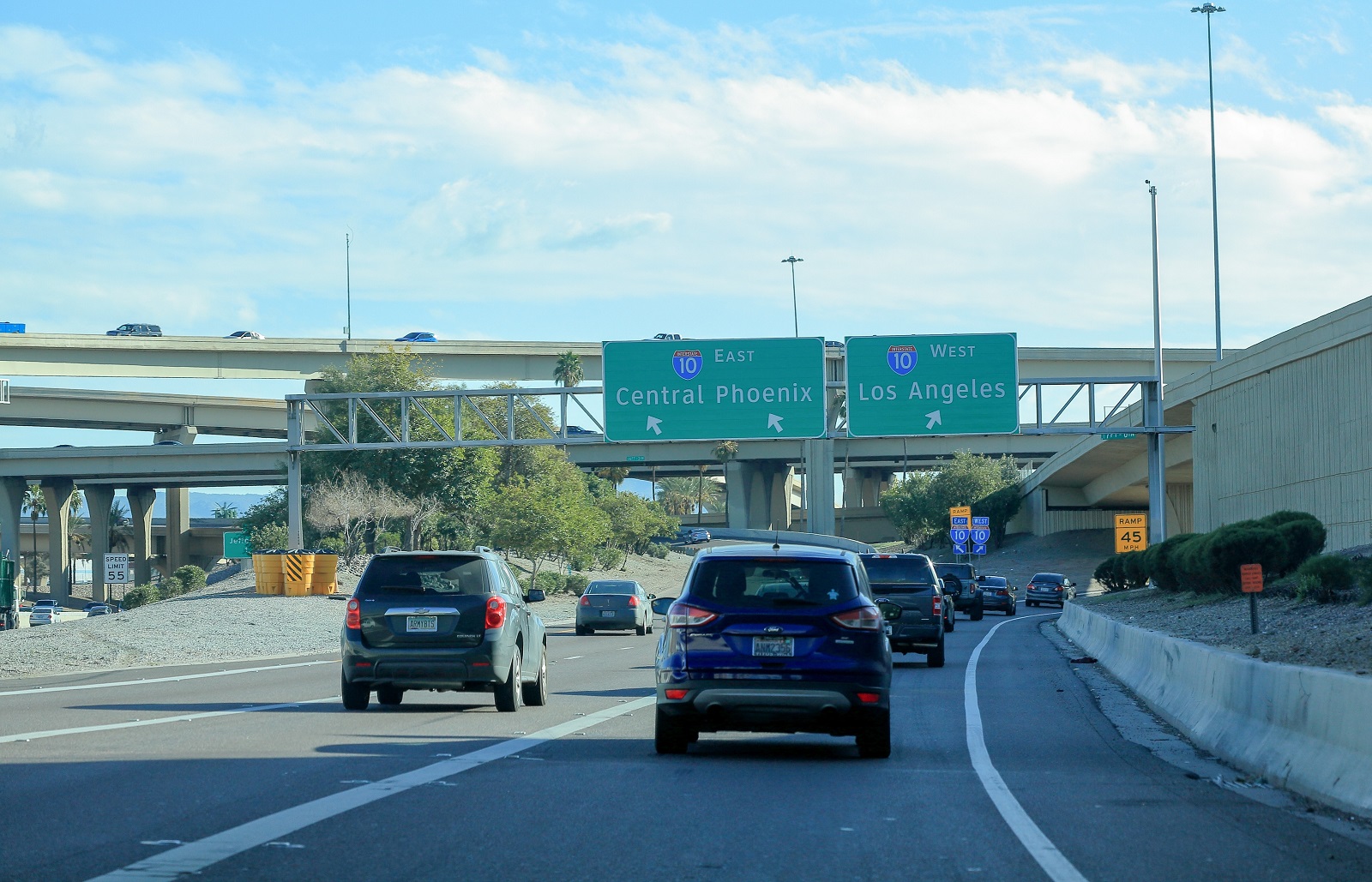
Image Credit: Shutterstock / You Touch Pix of EuToch
Despite the claims made by proponents, there is a lack of conclusive evidence that red-light cameras improve overall road safety. Some studies suggest that any reduction in specific types of accidents is offset by an increase in others, calling into question the net benefit of these devices.
Beware the Red-Light Camera Trap
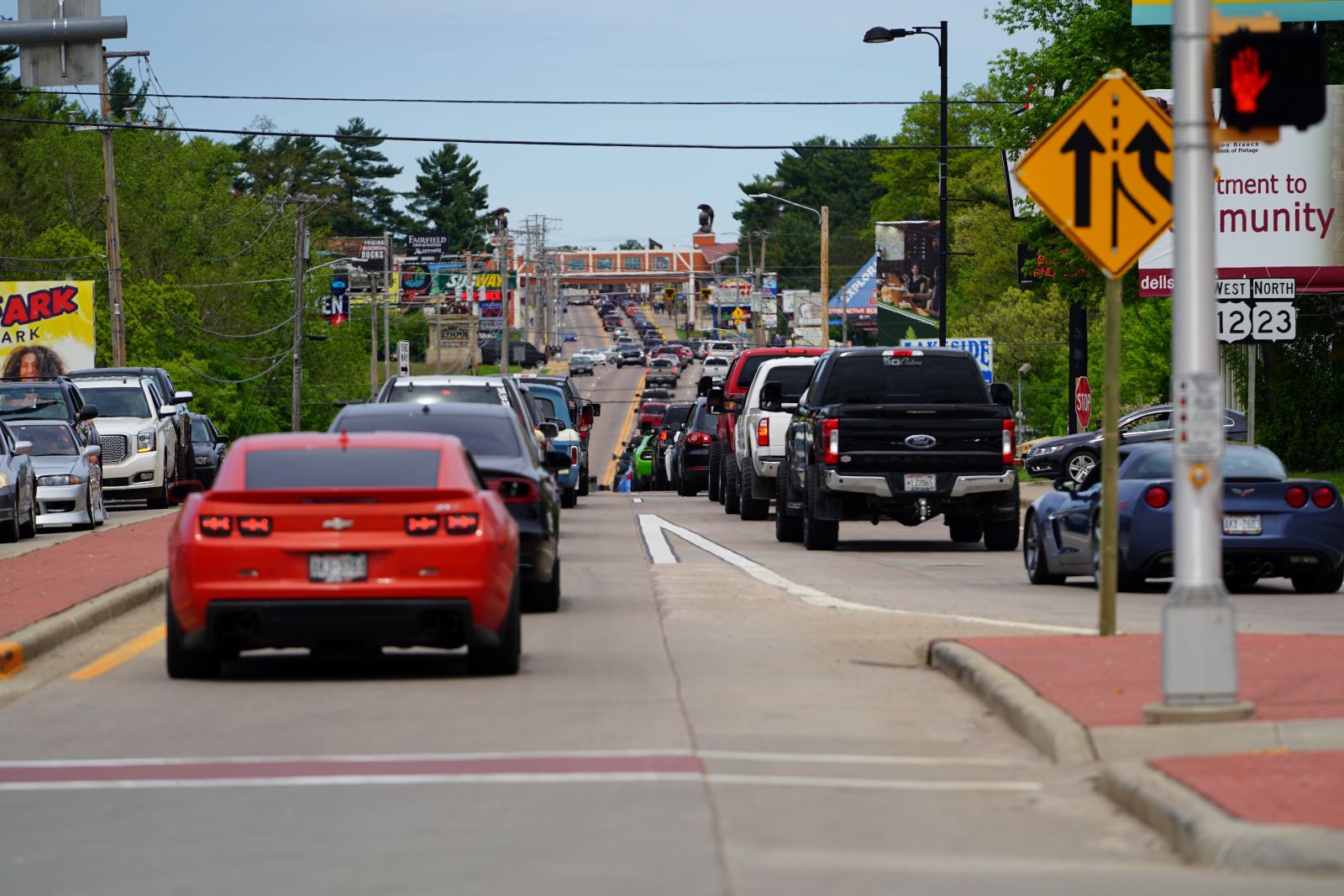
Image Credit: Shutterstock / Aaron of L.A. Photography
Red-light cameras might seem like a simple solution for traffic enforcement, but their implementation is fraught with issues. From increased accident rates to privacy concerns and legal battles, the hidden costs and controversies surrounding these devices are alarming. Drivers should be aware of these risks and advocate for fair and transparent traffic safety measures.
2024’s Most Anticipated Car Releases: What’s Coming Soon

Image Credit: Shutterstock / canadianPhotographer56
If you love cars, 2024 is shaping up to be an exciting year. New models are rolling out with more power, better tech, and some fresh designs that could change the game. Here’s the scoop on the top cars hitting the streets soon. 2024’s Most Anticipated Car Releases: What’s Coming Soon
21 Mods That Make Your Car Illegal

Image Credit: Shutterstock / macondo
Car modifications can enhance style and performance, but not all modifications are legal. Here are 21 illegal car modifications that can get you in trouble with the law across various states. 21 Mods That Make Your Car Illegal
10 American Classic Cars That Define a Generation
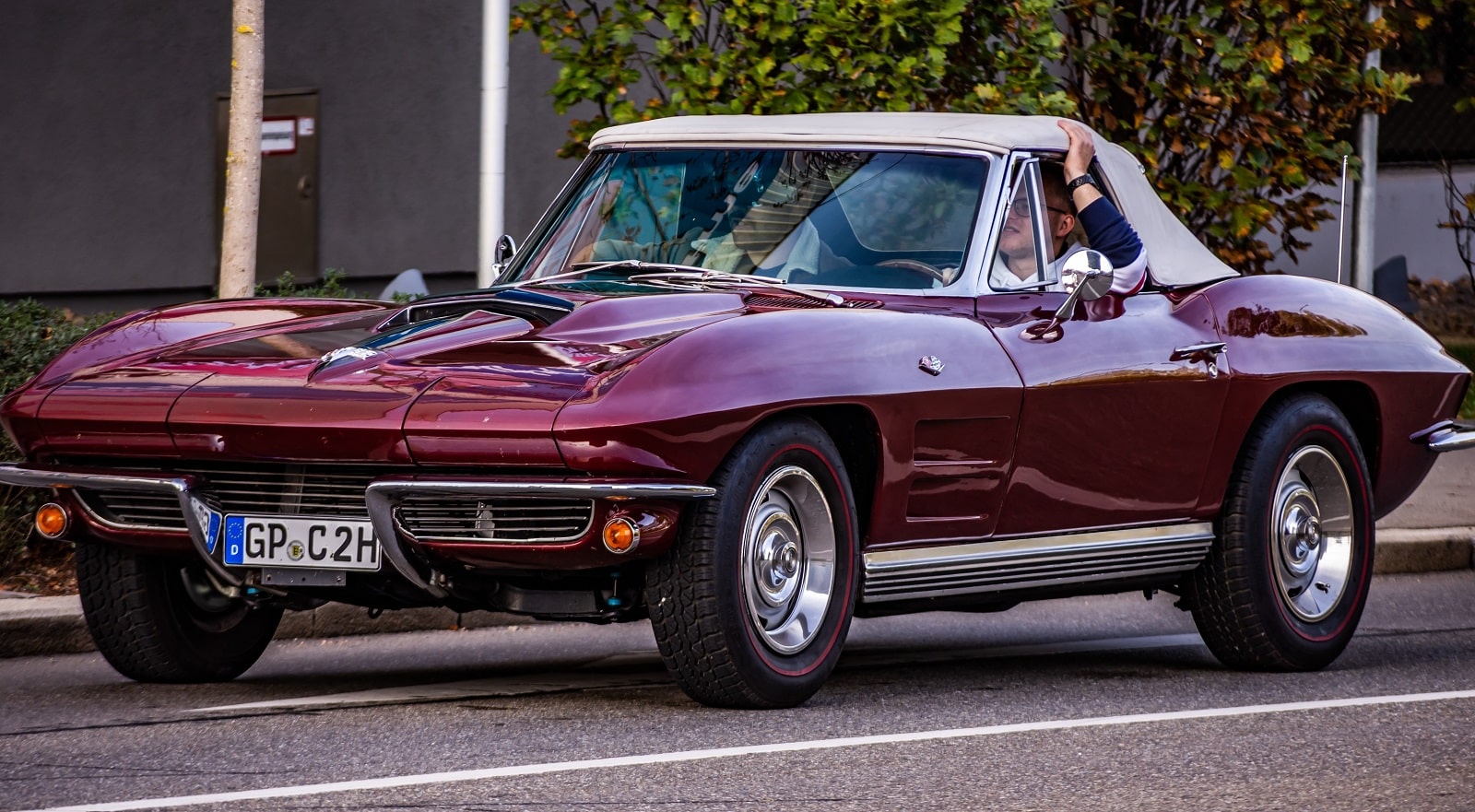
Image Credit: Shutterstock / Krisz12Photo
American classic cars are symbols of their eras, each telling a story of its time and capturing the essence of car culture. Here are ten classics that defined generations. 10 American Classic Cars That Define a Generation
Featured Image Credit: Shutterstock / nutcd32.
For transparency, this content was partly developed with AI assistance and carefully curated by an experienced editor to be informative and ensure accuracy.
